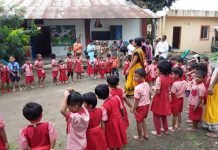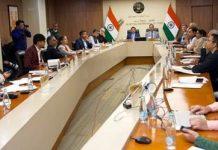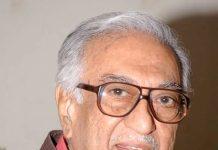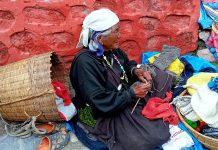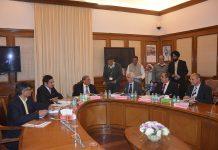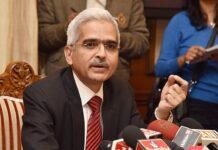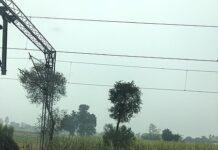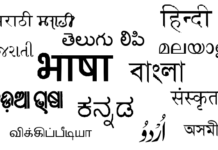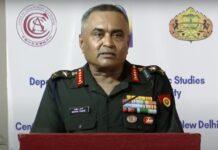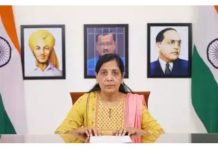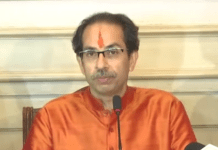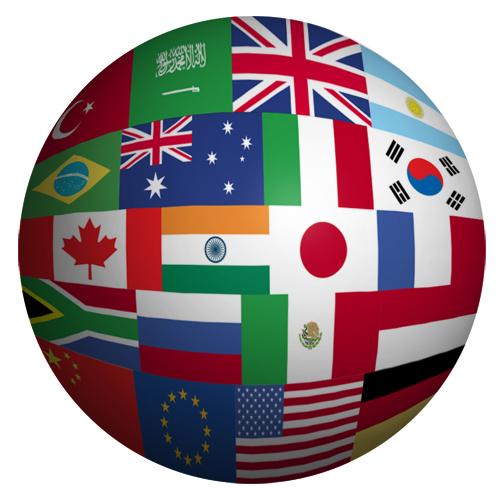“Corruption is a scourge that impacts effective utilisation of resources and overall governance and affects the poorest and marginalized most acutely”- Dr Jitendra Singh
India will reaffirm unified action to ensure zero tolerance against corruption and deepen G-20 commitments towards countering corruption globally at the First Anti-Corruption Working Group Meeting (ACWG) of G-20, being held in Gurugram from 1st to 3rd March 2023.
The meeting is being organised by Department of Personal and Training (DoPT). During the three-day event at Gurugram, over 90 delegates from 20 members countries, 10 Invitee countries and 9 International Organizations will engage in detailed deliberations on strengthening international anti-corruption mechanisms.
The G-20 Anti-Corruption Working Group (ACWG) was established in 2010 to report the G-20 leaders on anti-corruption issues and aims to establish minimum common standards among the legal systems of the G-20 countries to combat corruption. It focuses on public and private sector integrity and transparency, bribery, international cooperation, asset recovery, beneficial ownership transparency, vulnerable sectors and capacity-building. Since its inception in 2010, G-20 Anti-Corruption Working Group (ACWG) has been at the forefront of guiding the anti-corruption initiatives of G-20 countries.
G-20 ACWG meetings have one Chair (Presidency country) and one co-chair country. The co-chair for the G-20 ACWG 2023 is Italy.
Under India’s chairpersonship, G-20 members will deliberate on areas of future action like bringing in processes, where fugitive economic offenders can be traced and extradited faster, and their properties situated abroad brought within the reach of the law of the land from which such offenders escape. India’s chairpersonship will support G-20 countries in prioritising recovery and return of stolen assets in their broad strategy against corruption. Enhancing the effectiveness of asset-tracing and identification mechanisms, developing mechanisms for rapid restrain of illicit assets, and promoting effective use of open-source information and asset recovery networks will be key focal areas. The importance of informal cooperation among G-20 countries and creation of a knowledge hub to facilitate training and capacity building of member countries in enhancing the use of existing mechanisms of cooperation will be highlighted.
As part of the first ACWG meeting, a side event on ‘Leveraging Information and Communication Technology (ICT) for Combating Corruption in Public Sector’ has also been planned to elaborate on role of ICT in fighting corruption worldwide and initiatives that India has taken to reduce and address corruption. India will utilize its experience from implementing citizen-centric governance model to demonstrate the role of ICT in preventing, detecting and fighting corruption by creating common ICT platforms for higher transparency and for sharing experiences and best practices will be showcased during the side event.
The Group of Twenty (G-20) is the premier forum for international economic cooperation. It plays an important role in shaping and strengthening global architecture and governance on all major international economic issues. It was founded in 1999 after the Asian financial crisis as a forum for the Finance Ministers and Central Bank Governors to discuss global economic and financial issues and was upgraded to the level of Heads of State/Government in the wake of the global economic and financial crisis of 2007, and, in 2009, was designated the “premier forum for international economic cooperation”. Initially, it focused on broad macroeconomic issues, but it has since expanded its agenda to include trade, sustainable development, health, agriculture, energy, environment, climate change, and anti-corruption.
The G-20 consists of two parallel tracks: the Finance Track and the Sherpa Track. Finance Ministers and Central Bank Governors lead the Finance Track while the Sherpa side is coordinated by the Sherpas of member countries, who are personal emissaries of the leaders.
Within the two tracks, there are thirteen thematically oriented working groups comprising of experts and officials from relevant ministries who lead in-depth analysis and discussions on a range of internationally relevant issues in respective areas as part of the G-20 decision-making process.
***


